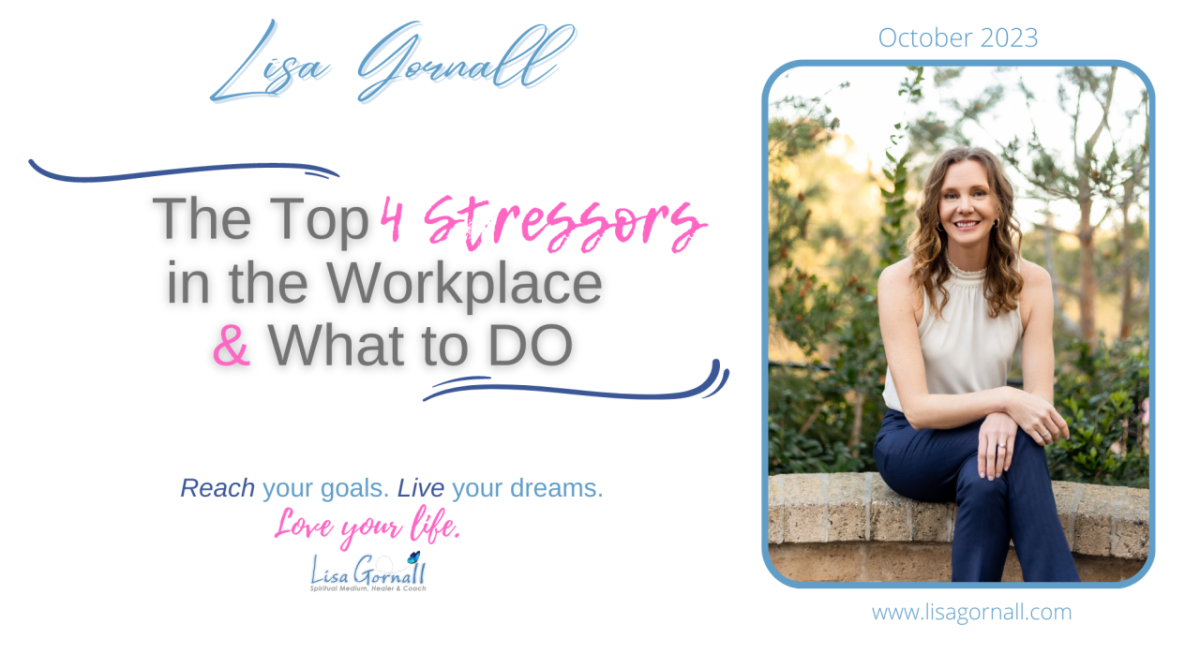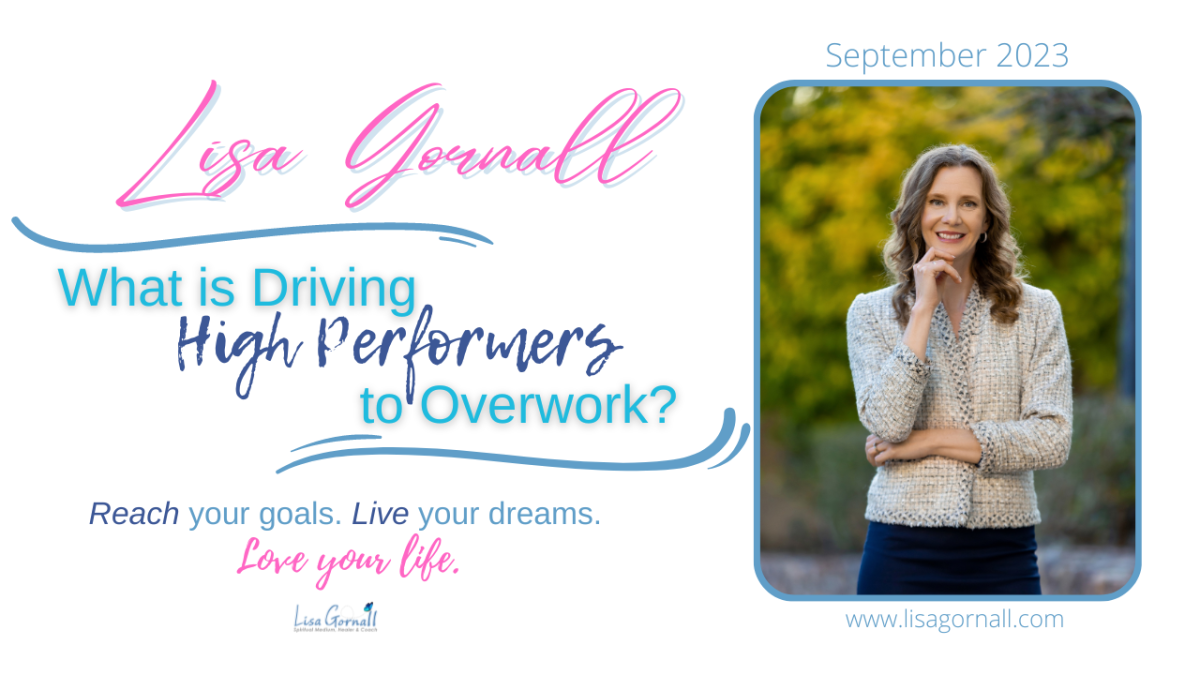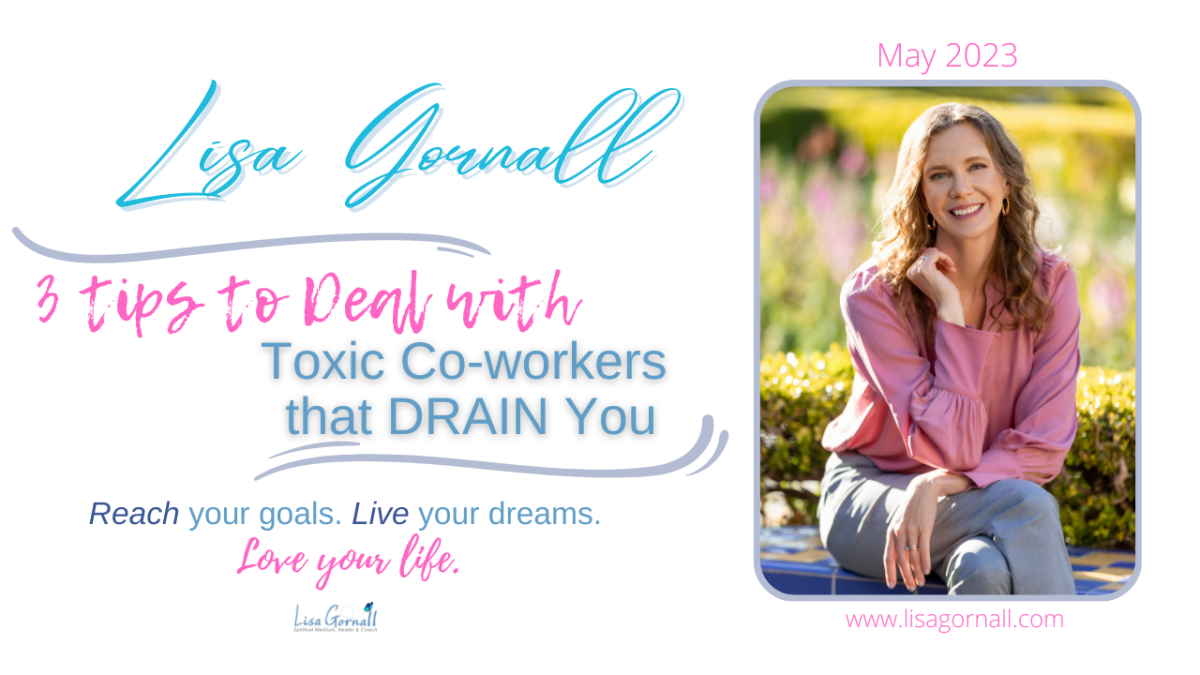Stress in the workplace is a real problem. You carry that energy from work with you wherever you go. It affects your mindset, your energy, your relationships and even your time.
High performers are naturally focused on the next thing. And the next, next thing which adds to stress.
I can give you many practical things you can do to release stress with boundaries and time management, but in this article, I’m going to give you easy and practical energy practices that you can do to get real stress relief results.
As a Spirtual Medium and Energy Strategist, addressing, clearing and balancing your energy are the most powerful things you can do to truly create real stress relief in the workplace. I’ve seen it all and to create a real shift in stress and make a real change in the workplace, we have to address the energy that is driving it all.
This isn’t done with mindfulness, meditation, time management strategies or an online course. This alone doesn’t help high performers create real stress relief.
This is done with practical energy practices that get you real, immediate results – which is what you have time and energy for – things that truly make a difference. Let’s dive in to my top 3 tips for you!
1. Address Your Energy
Most people have no idea how their energy is. “How’s my energy?” is the most asked question I get by people that are new to me.
Your energy matters.
It attracts people. It repels people. It tells you what patterns to use to solve problems. It even guides your abundance, work and relationships. Energy matters.
You don’t have to ask me how your energy is. You know.
If you’re exhausted and overwhelmed, your energy is going to be low and often negative.
If you’re recharged, your energy is going to be high and positive.
Don’t just keep doing what you’ve always done and push through. Check in with yourself and ask how is my energy? What can I do to recharge it and raise it? Here’s a video to help you get really objective on this because it does matter.
When you know how your energy is, you know what you’re creating. How is your energy?
2. Clear Your Energy
It’s always a good practice to clear your energy throughout the day. We all carry stress. It’s what we’ve been taught to do.
Where do you carry your stress? Is it in your neck and shoulders? Your hips? Your back? Your stomach?
The thing is you KNOW where you carry and store energy.
What you want to do now is stop carrying that energy and let it go. Carrying stress leads to health issues. When I first started my career in 2002, people thought I was crazy. But now you can google it and see all the problems carrying stress can do to your body.
Clearing your energy is something to do daily and throughout the day. Here’s a video to help you clear your energy.
3. Balance Your Energy
One of the biggest mistakes I see high performers making is that they try to do it all – in and out of work. What this does is deplete your energy and you’re not doing anything to recharge.
Think about your energy like your cell phone battery.
Your cell phone doesn’t perform as well at 24% and below, neither do you. Neither works on empty.
Balancing your energy requires you to pay attention to the energy you are spending. Are you overspending or overgiving? How are you going to balance that out to recharge?
Throughout the day, check in with yourself and literally ask yourself:
How is my energy?
Am I overspending? Did I already overspend my energy? Do I feel good?
If you feel like your energy is dipping, you balance it by doing something to recharge. This is not coffee or energy boosting drinks. That doesn’t change your energy, it just forces your body to run on fumes until you burnout.
Recharging is: actually taking a non working lunch, making time to be, bringing in the White Light which I talk about all the time, letting go, being grateful, getting enough sleep at night, scheduling in things that bring you joy and so much more.
The way to balance your energy is to watch your energy spending and balance it as needed.
You are not a machine and even machines are plugged in. Here is a short, guided meditation to help you align your energy in 5 minutes.
These are a few of the tips I teach my clients and are game changers for them. I hope it’s a game changer for you as well.
I hope you found a tip that you will start using immediately.




























